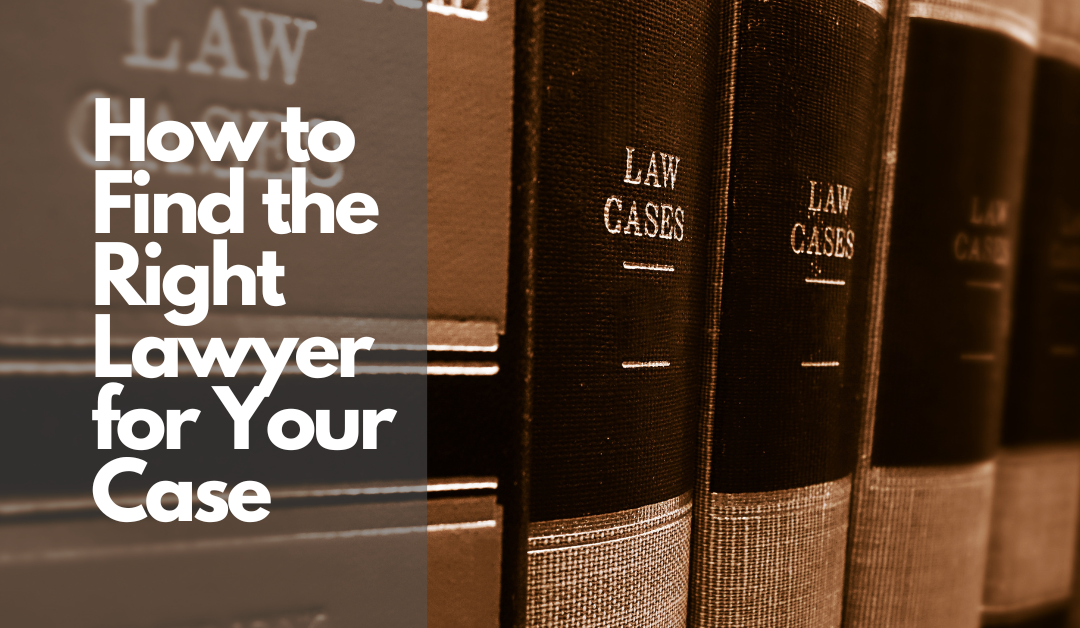When facing a legal issue, finding the right lawyer can be a crucial step towards resolving the matter effectively. However, with so many legal practitioners to choose from, the task of selecting the right one can be overwhelming. It is essential to conduct thorough research and ask the right questions to identify a reliable and competent lawyer who can represent your best interests. In this article, we will provide some guidance on what to do when looking for a lawyer and offer some useful tips to help you find the right legal representation for your case.
What documents or information should I bring to my initial consultation or meeting with a lawyer?
Clients often wonder what documents or information they should bring to their initial consultation or meeting with a lawyer. While the specific requirements may vary depending on the case, it’s generally recommended that clients bring any relevant paperwork, identification, and existing legal documentation, such as police records. It’s important to inform clients that once they schedule a consultation, the lawyer can provide a detailed list of what they should bring. Some lawyers may even offer to obtain necessary documents on behalf of the client if they have access to public records. By being proactive and informed, clients can help their lawyers better understand their case and ensure a more productive initial consultation.
What does the usual legal process involve?
Clients often want to know what to expect when it comes to the legal process. However, it’s important to note that there is no “typical” legal process. While some proceedings may share similarities and certain case lengths may fall within a limited range, each case is unique. Despite this, offering a Q&A section can still be beneficial as it allows you to demonstrate your personalized approach and reassure clients that you will keep them informed and prepared every step of the way. One way to do this is to provide a general overview of legal events and processes, including a loose guideline for different practice areas you cover. Additionally, you could create a timeline with events that have specific time frames and note events that may be more dependent on the individual circumstances of the case. By being transparent and providing helpful information, clients can better understand the legal process and have more confidence in their lawyer.
How long it’s take to file a lawsuit?
Many people are unaware that the deadline for filing a lawsuit varies greatly depending on the circumstances. Including this question in your FAQ allows you to explain the variables involved and encourage potential clients to seek a consultation.
In Malaysia, the time limit for filing a lawsuit depends on various factors such as the nature of the claim and the court where the lawsuit is being filed. For example, the time limit for a personal injury claim is generally three years from the date of the injury, while the time limit for breach of contract claims is typically six years from the date of the breach. It’s important to consult with a lawyer who specializes in the relevant area of law to determine the specific deadline for filing a lawsuit in Malaysia.
By providing insightful information without giving a definitive answer, you demonstrate your expertise and encourage clients to reach out for further guidance.
How much will it cost?
This is a question you should not hesitate to ask at your first meeting with your attorney.
Do not be shy about asking hourly rates and expenses. Lawyers generally bill by the hour, so a quick negotiation is likely to be cheaper than a prolonged dispute that goes to court.
How much experience do you have?
Having a section dedicated to the lawyer firm’s experience and expertise is crucial in reassuring potential clients that they are in capable hands. It’s not necessary to have the most extensive experience in the industry, but listing relevant experience, certifications, and other relevant information about the firm’s areas of practice can help establish their credibility. This section can also briefly touch on the educational background of the lawyers in the firm, highlighting their law school attendance and degrees in their respective fields. While potential clients may not be interested in the nitty-gritty details, they want to feel confident that their chosen lawyer has worked hard to acquire the necessary knowledge and skills to represent them effectively.
Will I have to go to court?
Many clients want to know whether they will have to attend court proceedings for their legal issues. However, there is no one-size-fits-all answer as it depends on the specifics of the case. In the FAQ section, lawyers can explain that depending on the type of case, there may be options to settle out of court, such as through mediation or arbitration. They can also provide a link to a more in-depth look at the typical expectations for different practice areas they cover. For instance, while divorce cases can often be resolved through mediation, criminal cases may require attendance in court depending on the charges brought. The focus should be on providing clients with as much information as possible to help them understand the potential outcomes of their case.
Who is eligible to file a case on behalf of a deceased family member?
Dealing with estates and cases on behalf of deceased family members can be a complex process, and people often have many questions. One of the most common inquiries is who is eligible to bring a legal case against someone on behalf of a deceased family member. Typically, any family member who can prove their relationship with the deceased is eligible to file a case. However, different states may have varying laws regarding this matter. In some cases, there may be a hierarchy of who can file the case, such as the surviving spouse, and if they don’t, no one else can for a specified amount of time. Understanding the nuances of handling cases like these can significantly enhance a law firm’s reputation.
In conclusion, finding the right lawyer can be a daunting task, by understanding the Q&A above, you can make an informed decision and choose a lawyer who is experienced, knowledgeable, and dedicated to achieving the best outcome for your legal matter. Remember to ask questions, research their background, and trust your instincts when selecting a lawyer to represent you. With the right lawyer by your side, you can have peace of mind knowing that your legal rights and best interests are being protected.


